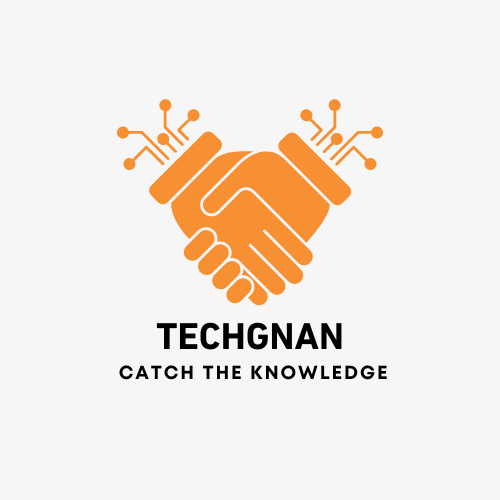Defining Digital Marketing
Digital marketing refers to the promotion of products, services, or brands using digital technologies and online platforms. Unlike traditional marketing methods like print ads or billboards, digital marketing leverages the internet and electronic devices to reach a global audience.
The goal is to connect with potential customers where they spend most of their time: online. Whether through social media, search engines, email, or websites, digital marketing strategies aim to attract, engage, and convert users into loyal customers.

Key Components of Digital Marketing
- Search Engine Optimization (SEO): SEO focuses on optimizing websites to rank higher on search engine result pages (SERPs). A well-optimized site attracts organic traffic and boosts visibility.
- Content Marketing: High-quality, relevant content is at the heart of digital marketing. Blogs, videos, infographics, and eBooks provide value to the audience, establishing trust and authority.
- Social Media Marketing: Platforms like Facebook, Instagram, LinkedIn, and Twitter allow brands to engage with their audience, build relationships, and promote products.
- Email Marketing: Email campaigns are a cost-effective way to nurture leads, share updates, and drive conversions. Personalized and targeted emails perform particularly well.
- Pay-Per-Click Advertising (PPC): PPC campaigns, like Google Ads, display ads to users who search for specific keywords, charging advertisers only when their ad is clicked.
- Affiliate Marketing: Brands collaborate with affiliates who promote their products for a commission on sales or traffic.
- Influencer Marketing: Partnering with influencers who have a significant online following can boost brand awareness and credibility.
- Analytics and Data: Tracking user behavior and campaign performance helps marketers refine strategies and achieve better results.
Why is Digital Marketing Important?
- Global Reach: With internet penetration increasing worldwide, businesses can access markets far beyond their physical location.
- Cost-Effective: Compared to traditional marketing, digital campaigns can be more affordable with higher ROI.
- Targeted Approach: Marketers can focus on specific demographics, ensuring the right message reaches the right audience.
- Real-Time Engagement: Digital marketing allows instant interaction with customers, fostering stronger relationships.

